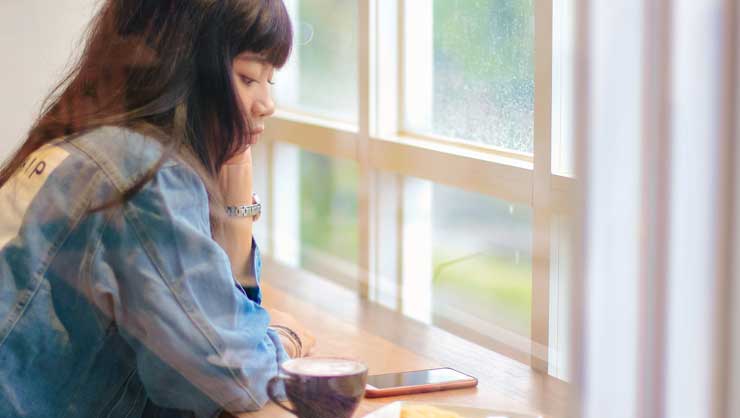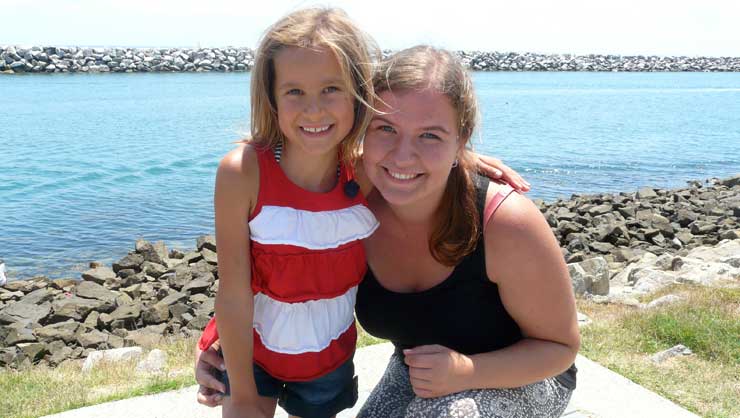Being an au pair is an exciting time and comes with ups and downs just like any other experience. Sometimes there is hesitation to talk about culture shock and homesickness. Au pairs and host families need to learn about these emotions and work together for everyone to make the most of their program year.

Image courtesy of Pexels
Arriving at your host family’s home, the first weekend is a great time for you to get to know your host family better. The initial phase can be fun and exciting for both you and your host family, and this new life may appear absolutely perfect.
The Routine Sets In

Image courtesy of Pexels
A few weeks in, everyone has figured out the daily routine. Life has become “normal” once again, and you will begin to notice the differences between cultures as you make friends and start taking classes. You may feel frustrated or confused by cultural differences and that can make daily life a little uncomfortable when compared to your home country.
Homesickness

Image courtesy of Pexels
After a few weeks, don’t be surprised if homesickness and culture shock enter the scene. It takes many forms – tears, anger, anxiety, oversleeping, or just a general sense of “blah.” The symptoms of homesickness vary for everyone and can last a few days or longer than a few weeks. Culture shock and homesickness are a normal part of the adjustment process, it is not a sign you made the wrong choice. Most au pairs experience it most intensely in the first few weeks, and it gradually improves as you settle in.
5 Ways to Cope with Culture Shock
1. Create a Comfort Box Pack a box with items from home that bring you comfort—but include something interactive, not just passive comfort items. Add a favorite game, hobby supplies, or a book series you can reread. These interactive items help you engage with comfort rather than just retreat into it.
2. Establish a Video Call Routine Schedule regular video calls at a consistent time that works for both you and home—consistency matters more than frequency. Try to call after good days rather than right after difficult moments, so you can share positive experiences while staying connected.
3. Find Your Niche Build connections beyond your au pair circle while staying connected to it. Join a local class, sports team, or community group where you can meet Americans and other internationals. Your fellow au pairs are an important support network, but branching out helps you integrate into your new community.
4. Journal It Out Write about what you’re missing AND what you’ve noticed that’s different—not necessarily bad, just different. Naming the contrast helps your brain adjust to your new environment and process the changes you’re experiencing.
5. Master One New Local Skill Pick something small enough to succeed at within a week—learning to use the subway system, making an American recipe, or understanding a local sports game. Quick wins matter psychologically, especially early on in your adjustment period.
Always remember that you are not alone, we at InterExchange are here to help. If you’re experiencing culture shock, ask for help. Your Local Coordinator is a resource for you and would love to meet for coffee to talk. You can also ask your host family for assistance when times are difficult.
Adjustment and Appreciation

In time you will have developed a new hobby, perhaps even had the chance to travel around this beautiful, diverse country, made friends and have even more to look forward to. You’ll have found your favorite places to spend time and you appreciate things about both U.S. culture and your home culture.
